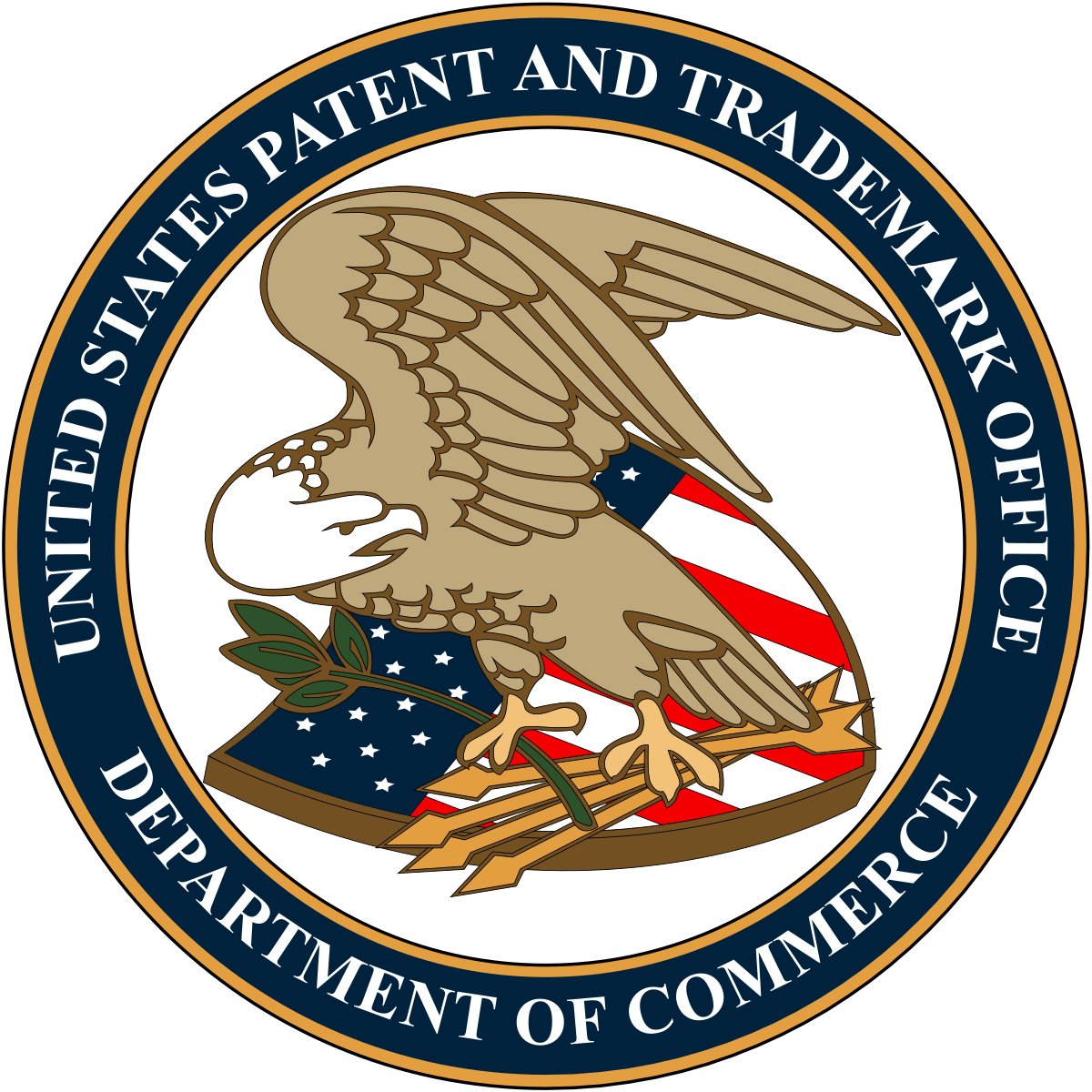Argument preview: Justices to consider fee awards in litigation challenging denial of patent applications (CORRECTED)

on Sep 30, 2019 at 10:15 am

On the first Monday in October, the justices will hear argument in Peter v. NantKwest. Although this is not one of the most controversial cases on the court’s docket this fall, we can trust that the justices’ summer break will leave them sufficiently rested to give it the attention it deserves.

This case involves the procedures for challenging the denial of a patent by the Patent and Trademark Office. Under the Patent Act, a disappointed applicant can contest the decision of the PTO by filing an appeal in the U.S. Court of Appeals for the Federal Circuit (a specialist appellate court that sits in Washington, D.C.) or by initiating litigation in the U.S. District Court for the Eastern District of Virginia. Because the Federal Circuit is an appellate court, it reviews the decision of the PTO based solely on the administrative record. Accordingly, disappointed applicants might prefer litigation in the district court, where they can present new evidence that the PTO did not consider when it denied the application for a patent. The downside to the district-court route, though, is that the statute (Section 145 of the Patent Act) obligates an applicant that chooses that route to pay “[a]ll the expenses of the proceedings.” Importantly, all agree that the provision compels the applicant to pay those expenses even if the applicant prevails: A disappointed applicant that sues the PTO in the district court and successfully forces issuance of a patent must pay the PTO’s litigation expenses.
A relatively recent change in the PTO’s approach to district-court litigation under Section 145 underlies this case. Predecessors of the statute have been in place since the 1830’s, and traditionally the PTO sought compensation limited to out-of-pocket expenses for travel, copying and the like. In 2011, though, Congress commanded the PTO (in the Leahy-Smith America Invents Act) to set fees that would recover the aggregate costs of the PTO’s activities. Since then, the PTO has raised its fees so that they cover all of its operating expenses, devising a variety of tiered-fee systems tied to the costs of processing a party’s application; for example, applicants that file longer patent applications pay higher fees than those that file shorter applications.
In this context, the PTO adopted a practice of including the estimated costs of employee time in the expenses that it seeks to recover in district-court litigation under Section 145. In this case, for example, the resolution at summary judgment (in favor of the PTO) required competing expert witnesses and depositions of both experts, which consumed, among other things, about 1,000 hours of PTO attorneys’ time; the PTO sought compensation totaling $112,000. The court of appeals initially concluded that the PTO was entitled to those fees, but on rehearing en banc decided that the language of Section 145 was not sufficiently specific to overcome the presumption against forcing one party to pay the attorney’s fees of the other.
The arguments of the parties are remarkably straightforward. For his part, the solicitor general, representing the PTO, argues that the ordinary meaning of “expenses” includes any expenditure of time and money that the agency incurs, pointing to dictionary definitions of that word dating to the 19th-century epoch in which Congress first used that term in the predecessor of Section 145. Moreover, as a practical matter, a ruling that the agency cannot charge litigants for the costs that the agency incurs in this type of voluntary litigation effectively obligates the agency to extract a subsidy from the agency’s less resource-intensive users – patent applicants that seek no litigation at all or that use the appellate procedure.
The applicant, NantKwest, points to the so-called “American rule,” a vigorous judicial presumption that courts should not force one party to pay the attorney’s fees of the other side. NantKwest points out that the text of the statute does not cover attorney’s fees explicitly. Congress frequently departs from the American rule by referring specifically to awards of attorney’s fees, but Section 145 includes no mention of fees, attorneys or legal counsel, nothing beyond a bare reference to “expenses.” Moreover, the long history without any effort to collect fees – more than a century and a half of practice under Section 145 and its predecessors – strongly suggests a deep-seated understanding on the part of all interested parties that the statute does not extend to attorney’s fees.
The government’s principal response is not that the statute satisfies the American rule, but rather that the American rule does not apply. For the government, the American rule is a presumption that a successful litigant must pay its own fees unless a statute provides otherwise. Because the allocation of “expenses” to the applicant in Section 145 does not depend on the government’s prevailing in litigation, the government argues, the rule is inapplicable. NantKwest pushes back, arguing that it would be even more remarkable to conclude that Congress intended a winning litigant to pay the other side’s fees (this case) than that Congress intended a losing litigant to pay the other side’s fees (the commonplace situation).
The oral argument might shed a great deal of light on the likely outcome here. The Supreme Court has been quite skeptical in recent decades of awards of attorney’s fees, but it also on occasion is remarkably solicitous about the fiscal interests of federal agencies. The argument should give us a good idea how the justices are leaning on that topic in this relatively simple matter.
This post originally stated that oral argument in Peter v. NantKwest would occur in the afternoon.


